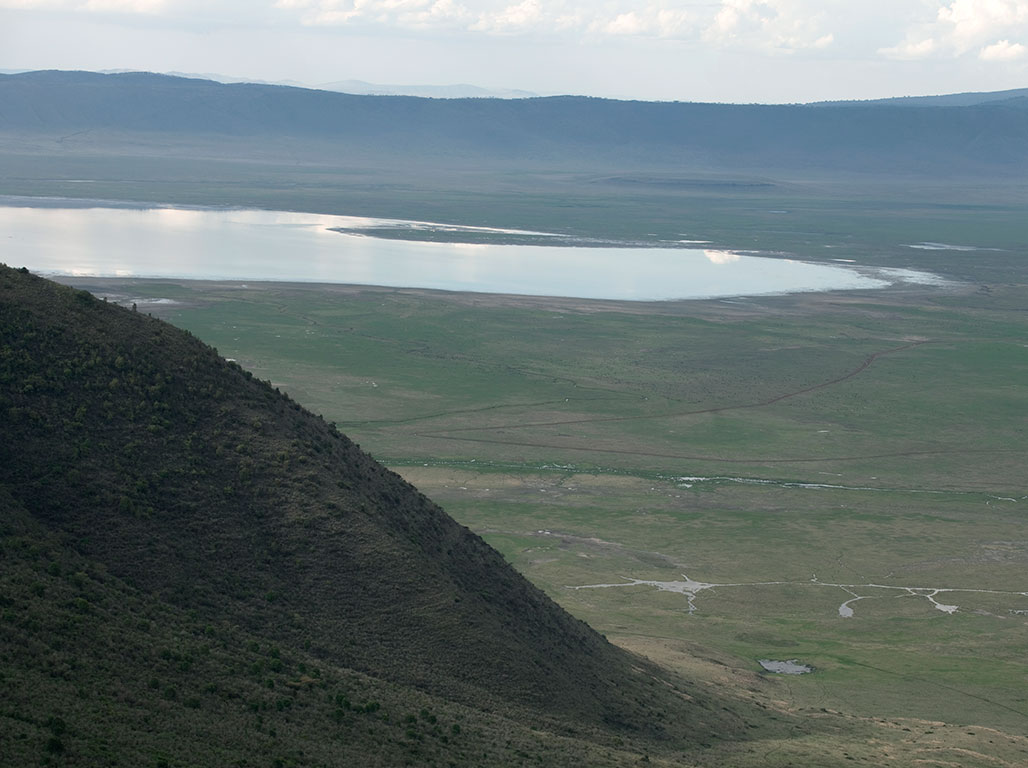Africa climate control costs to reach $350bn per year
A new UN report has drawn up the potential costs to Africa if it is to meet emissions gap targets and prevent environmental collapse

A new report filed by the UN Environment Programme (UNEP) has outlined the expected annual costs to Africa if it is to keep apace with the international “emissions gap” target of 2°C. Should the target be surpassed by a significant degree, the annual costs could reach as much as $350bn per year by 2070 – a far cry from adaptation costs of $7-15bn per year from 2020 onwards.
“Africa’s Adaptation Gap Report is a stark analysis of where Africa stands in relation to its adaptation goals and is a cautionary indicator of what may happen should the emissions gap remain – necessitating additional adaptation”, said the report.
Should the global temperature remain under 2°C then the continent will require as little as $200bn per year by 2070, however it’s worth considering that this is a best case scenario and represents bare minimum spending.
For the continent to avert environmental failure of this sort it must first ensure that it drastically increase its current funding. However, the UN reports states that, “Traceable funding disbursed in Africa for climate change adaptation through bilateral and multilateral channels for the years 2010 and 2011 amounted to $743 and $454m, respectively, although this figure does not fully account for the funding channeled through Development Finance Institutions, for example the World Bank, or national development banks.”
If the region is to meet the estimated adaptation costs of 2020 onwards, the number of funds must grow at an annual rate of 10-20 percent from 2011 onwards.
One likely source of income will come from the UN Framework Convention on Climate Change, which is scheduled to contribute as much as $100bn per year to environmental causes by 2020 through the “Green Climate Fund”. Established as far back as 2010 and comprising of public and private parties, the fund is to be delivered to numerous developing countries, although it is yet to be decided how much will go Africa’s way.
“Rising to the challenges posed by climate change will inevitably require adaptation, but the intensity of the needed adaptation measures and the scale of damages will be tightly linked subsequent to the achievements or inadequacies of efforts made to curb emissions.”













